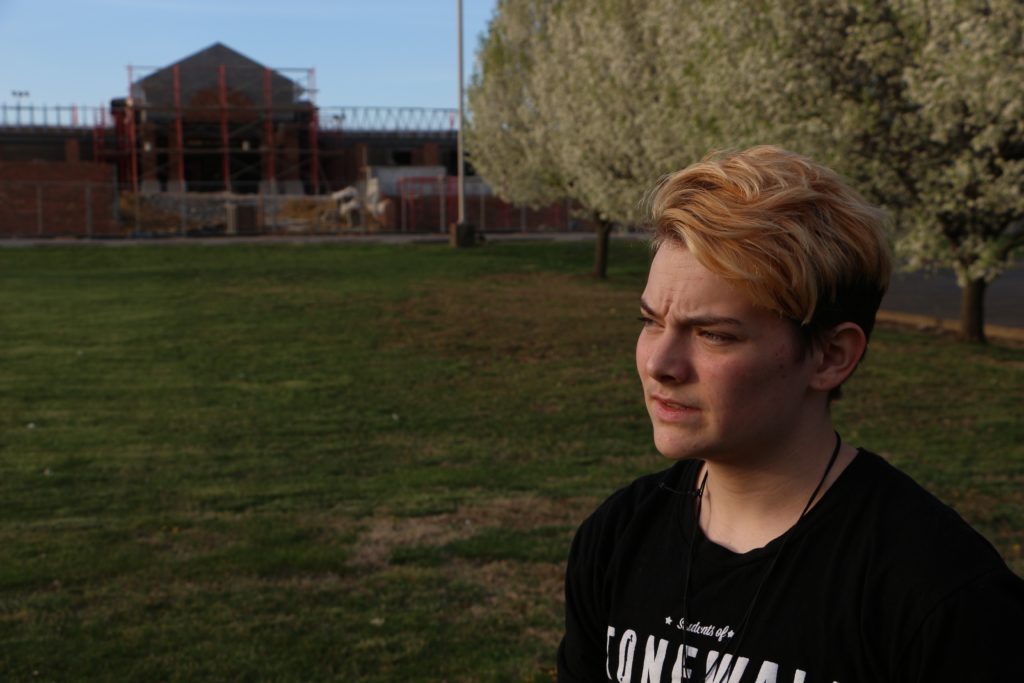
Tennessee’s debate over where transgender students should use the restroom made some state lawmakers think through the issue for the very first time.
Although the hot-button bill has been pulled for the year, the issue remains for the thousands of schools across the state. Many think that’s exactly where it belongs.
“There’s not a problem. The local schools are handling this at the local level with parents and teachers and counselors,” said Rick Womick
, R-Rockvale
, at one of the committee hearings.
That “it ain’t broke, don’t fix it” approach got a lot of head nods around the room. In fact, it was one of the main reasons the bill was eventually pulled.
The sponsor of the bill, Susan Lynn, R-Mt. Juliet, said there was no need to rush legislation because she is confident that schools are doing the right thing and protecting children.
But schools’ approaches look different around the state.
Gregory Stewart has been the principal of Nashville School of the Arts for four years, and to him, this is a non-issue.
“Whatever identity that [the students] have identified with, they have the option of going to either restroom,” Stewart says. It’s that simple.
He has plenty of things that keep him busy as a principal, he says, and he doesn’t want the bathroom to be one of them. “I don’t have time to worry about the bathroom. I just don’t,” Stewart says, laughing.
But Stewart is the first to admit that the environment at an art school isn’t necessarily typical.
For some students elsewhere, it’s a different story.
Henry Seaton, a senior at Beech High School in Hendersonville,
came out as transgender the summer before his junior year and sent an email to his administrators letting them know. They called him in to talk about it. The conversation went well.
“Initially, we talked about some good stuff, and I thought it was going to work out,” Henry says.
They decided to honor his request to stop using the girls bathroom, but they said it wasn’t safe to use the boys. So he was left with one option: the staff bathroom in the main office.
This seemed like a good compromise, until he had to walk there. Beech High
School is spread across two buildings, which means it can take a while to get to the main office.
He often passes two or three student bathrooms on the way. Sometimes the staff bathroom is locked, and he has to find an administrator with a key.
At one point Henry was fed up with the inconvenience and decided to just use the boys restroom. But someone found out and told the principal.
This didn’t come as a surprise to him. Hendersonville is a fairly conservative city. Churches line the street near the school.
Ever since Henry decided to transition to male, he’s dealt with disapproval from some peers and their parents — even some teachers.
Henry says he doesn’t need their acceptance. He just wants to use the boys bathroom.
The Beech High School principal didn’t respond to a request to comment.
Despite the issues he’s having, Henry has continued to talk to administrators and says he trusts that they really do want the situation to get better.
“But they don’t know how to do it. They need a guiding hand, kind of,” Henry says.
Henry says he’s somewhat grateful for the bathroom bill here in Tennessee, because it’s helped raise awareness. He’s even testified at some of the hearings.
But now that the legislation is off the table, he wants the debate to turn into a more constructive conversation about what’s best for students like him.


